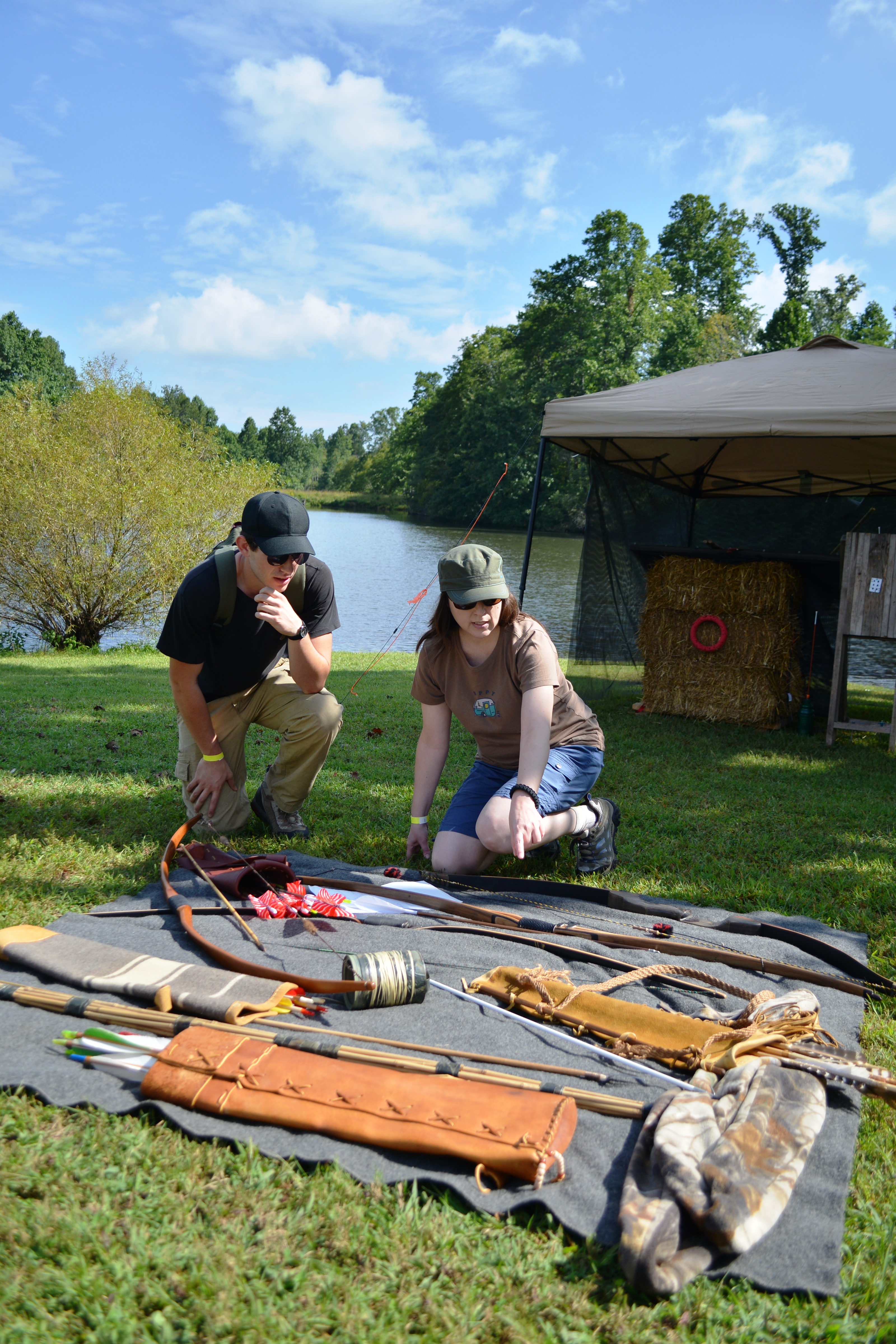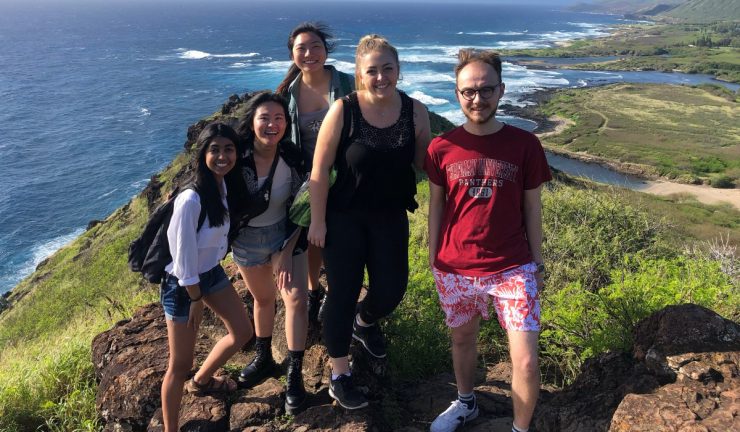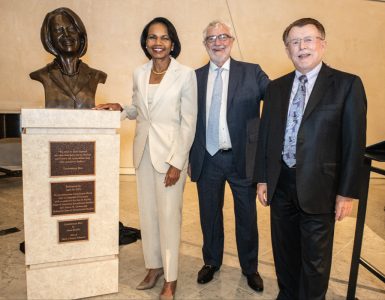I’m passionate about undergraduate research because I’ve seen firsthand how it transforms lives. Just as important, I’ve seen how young scholars greatly contribute to successful research projects.
The influence of students was central when my co-PI partners Christopher Bader, Edward Day and I first developed the Chapman University Survey of American Fears, an in-depth examination into the fears of average Americans. Undergraduates helped launch and are still involved in our ongoing study, which has been featured by more than 1,000 print and broadcast media outlets and is at the heart of our new book “Fear Itself: The Causes and Consequences of Fear in America,” published by NYU Press.

Every summer, for the past seven years, we have assembled a team of undergraduate researchers to work on the fear survey. The students work on group projects, such as researching new content areas for the survey, and they analyze the results. Students are excited when we get new survey results, and they can’t wait to find out what will be on the year’s top 10 list of fears.
70% of CU Students Work with Faculty on Research
For a number of reasons, Chapman is thriving as a home for undergraduate research. First, our students are not just up to the challenge, they are up for it as well – 70% of our students seek out opportunities to work with professors on research and creative-activity projects. Because of Chapman’s teacher-scholar model and our small class sizes, undergrads in all disciplines – from the hard sciences to the arts, film studies to the humanities – find faculty researchers who are eager to mentor them throughout the experience.
Conducting research as an undergraduate is crucial to student success. In a traditional classroom setting, students are asked to master an existing body of knowledge. When students do research, they create knowledge, and along the way develop skills such as critical thinking, problem-solving and intellectual independence. These are the qualities graduate schools and employers seek.
As director of the Ludie and David C. Henley Research Lab and the Earl Babbie Research Center at Chapman, I have mentored scores of undergrad student researchers over the years. Many of them go on to their first-choice graduate school or law school – often, that school is Chapman. Beyond that, they land great jobs, sometimes with the U.S. departments of State and Defense as well as in the private sector with companies like Dell and Northrup Grumman.
When I share stories of these successes, they inspire the next generation of student researchers. But more than that, they motivate me. They are why I have dedicated my career to mentoring student researchers.
Original Projects Spring From Collaboration
Beyond the group effort to produce the fear survey, our students produce their own original projects, based on their areas of interest. These projects are presented at conferences such as the Hawaii International Conference on the Social Sciences. The fear survey data is also used by students throughout the school year in their research papers and senior theses.
Our local communities also benefit. For example, over the summer of 2019, my students researched disaster preparedness in Orange County. We used rigorous social science techniques to find out why our county was behind both Los Angeles and San Diego in preparing for disasters, especially in our signups for AlertOC, the county’s smartphone notification system. We also found ways to increase these signups and shared our findings with emergency managers in Orange County. Cities all over the county are now using this information in their disaster planning.
Disaster preparedness research will continue during the 2020-2021 academic year, as our interdisciplinary team of students tackles a new project in partnership with the National Weather Service (NWS), Los Angeles. We’re assisting with the development of debris flow and wildfire warnings that are shared on Twitter. NWS officials tell us they can predict the weather, but they need social science scholars to help them communicate effectively with the public.
Our student researchers will work with graphic design majors and faculty to develop and test these warnings, which can then be deployed nationwide. This is undergraduate research impacting lives – perhaps even saving them.
For my undergraduate student researchers and me, there is no better measure of success.
Ann Gordon is an associate professor of political science. She is working on her fifth book, co-authored with Kai Hamilton Gentry ’18, a former undergraduate research student she mentored at Chapman. Gordon is co-PI on the annual Chapman University Survey of American Fears, leading the team studying disasters and preparedness.




